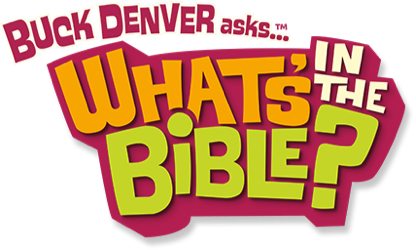Salvation is based on the unmerited grace, i.e., forgiveness, of our heavenly Father. So the single best way to give your children a solid foundation for understanding salvation is by talking to them about forgiveness.

Here are some ways to explain what forgiveness is (and isn’t).
Forgiveness is…
- Given: You don’t have to wait on an apology before you forgive. Forgiveness is what helps us let go of the wrong done to us.
- Our responsibility: Because we’ve already been forgiven by God, the Bible tells us in Matthew 6:14 that we should forgive others.
- Ongoing: Forgiving someone doesn’t mean you’ll immediately feel better about what happened. It’s a choice to move beyond it. Think of a cut on your skin – forgiveness covers like a bandaid and protects you while your body heals.
- Healthy: Not forgiving others can leave us feeling really bad on the inside, and cause us not to trust other people. Over time, not forgiving can be like picking a scab. Keep your hurt covered with forgiveness and your heart will stay healthy!
- Throwing away: A quick object lesson to do with your children when they’re angry over an offense is to ask them to write it down in ink or marker on a piece of paper. Explain that forgiveness is like tearing up that paper and putting it into water. After a few minutes collect those pieces and form them into a ball and toss it into the trash. You may want to add that baptism is God’s way of washing away our sins in water.
Forgiveness is not…
- Keeping score: When we throw away the bad thing that happened, it means we don’t remind the person again that they did it. It means we start over.
- Forgetting: Even though we’ve thrown out the bad thing that happened, we don’t have to forget it happened. If someone who hurt us before tries to hurt us again, we can protect ourselves. You should always tell an adult you trust when anyone hurts you–no matter what.
- A feeling: Forgiveness is something we give even when we’re still hurt by what happened. Our feelings may still hurt for a time, but we can talk to Jesus and ask him to help heal our hearts.
- Fair: It’s not fair that a person who hurt us gets a second chance, but love isn’t based on fairness. It’s based on the love of God who loves us without condition. I often tell my daughter, “Nothing you could ever do will make me love you less.” It’s true with our relationship with God, and it can be true with our relationship with others.
When you talk to your kids about forgiveness, ask them for ideas they would add to these lists, or examples of how they forgive. You may be surprised at how much they can teach you about forgiveness.
 Cara Davis is a content consultant and co-founder of the soon-to-launch church’d.com. The former editorial director for Relevant Media Group, her writing has appeared in The Huffington Post and CNN, and she’s been quoted in USA Today and The New York Times. She lives with her husband and two girls in East Nashville where she has co-founded a nonprofit called Community PTO to support the success of local community schools.
Cara Davis is a content consultant and co-founder of the soon-to-launch church’d.com. The former editorial director for Relevant Media Group, her writing has appeared in The Huffington Post and CNN, and she’s been quoted in USA Today and The New York Times. She lives with her husband and two girls in East Nashville where she has co-founded a nonprofit called Community PTO to support the success of local community schools.










